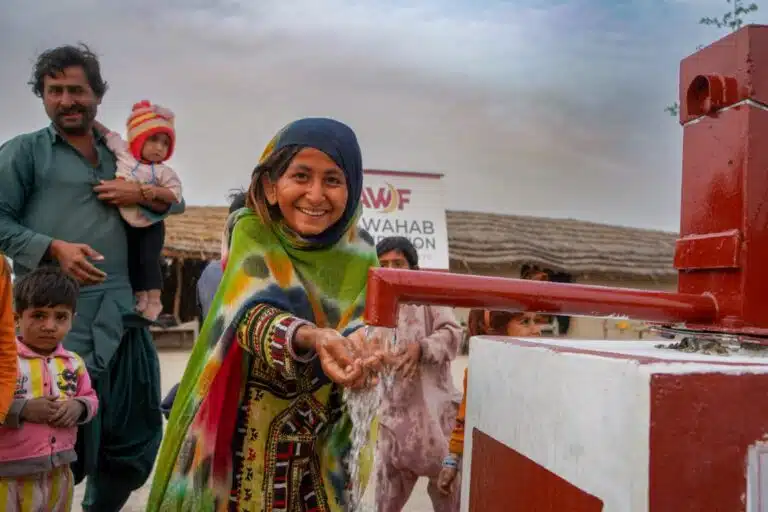What is the Difference Between Zakat and Sadaqah?
In Islam, one of the biggest virtues is to serve humanity in the way they need. Our beloved Prophet Hazrat Muhammad (ﷺ) said, “Charity does not decrease wealth.” [Muslim] Our religion has described charity in various ways, the most common and significant of which are Sadaqah and Zakat.
Although both are similar in nature, there are eight things that differentiate between Sadaqah and Zakat in particular.

Charity is a core aspect of the Muslim faith, where the act of giving helps support those who are less fortunate. While both Zakat & Sadaqah focus on helping others, they serve different purposes. Understanding the key difference between Zakat and Sadaqah allows us to fulfil our obligations and contribute to the well-being of others in meaningful ways.
So, what is the difference between Zakat and Sadaqah? Simply put, Zakat is mandatory, while Sadaqah is entirely voluntary.

What is Zakat?
Let us now explore some of the profound benefits of engaging in Sadaqah Jariyah:
To grasp the key differences between Zakat and Sadaqah, it’s important to understand what each entails.
Zakat is one of the five pillars of Islam, making it an obligatory act of charity for those who meet the necessary criteria. The word Zakat means ‘purification’, reflecting how this form of charity purifies one’s wealth by sharing it with those in need.
The Qur’an specifies who can receive Zakat donations in Surah At-Tawbah (9:60). This verse outlines eight categories of people who are eligible to receive Zakat:
What is Zakat intended to achieve?
Primarily, Zakat redistributed wealth within society, ensuring that the less fortunate are supported and that poverty is alleviated. Annually, Muslims give 2.5% of their accumulated wealth, provided it exceeds the nisab (minimum amount of wealth one must have before they are obliged to pay Zakat).
When you choose the Al-Wahab Foundation, you can trust that you pay zakat reaches those who are eligible, fulfilling your religious obligations and making a meaningful impact.
What is Sadaqah?
Now, let’s delve into Sadaqah to understand its true nature. Sadaqah is a broader concept of voluntary charity that is not obligatory but highly encouraged. The term “Sadaqah” is derived from the Arabic word “Sidq,” which means sincerity, highlighting that Sadaqah expresses sincere faith and goodwill.
So, what is Sadaqah intended to achieve?
Sadaqah purifies the heart and soul. By giving freely and selflessly, you detach yourself from the materialism of the world and cultivate empathy and solidarity with those less fortunate. Sadaqah goes beyond giving charity to the poor as all actions of righteousness in Islam are considered as Sadaqah. Example include attending a funeral or visiting the sick.

Make your Sadaqah donations through Al-Wahab Foundation and be confident that you are contributing to sustainable projects that uplift communities and change lives.
Zakat & Sadaqah: What You Need to Know?
Here are some of the key points to understand the difference between Zakat and Sadaqah:

